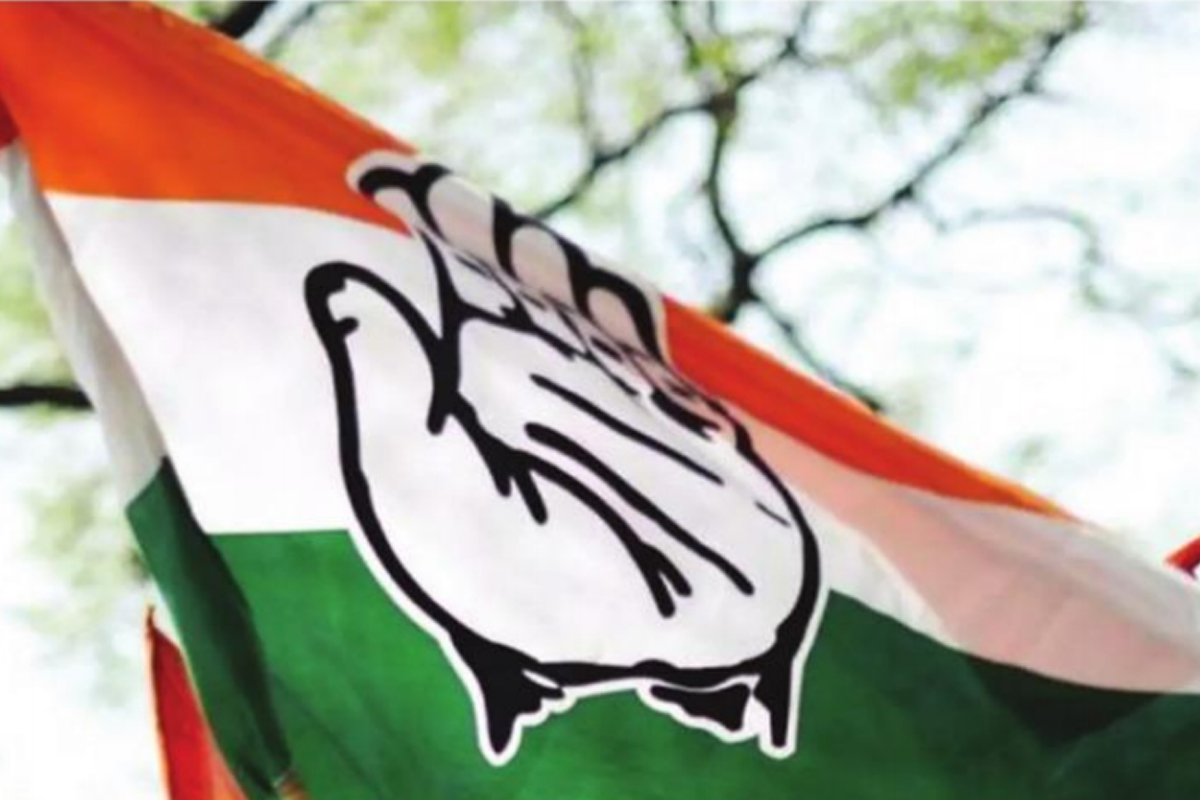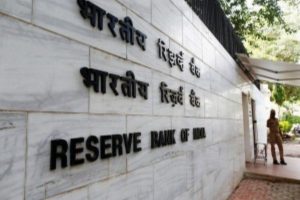Political parties are central to the functioning of representative democracy because multiparty democracy generates different policy options for the voting public.
The policy options are aimed at fulfilment of interests and aspirations of the electorate. Political opposition and especially inter-party opposition is a key concept in liberal democratic thought. Interestingly political parties have one function in common: they all seek political power to form government or when they fail to take the role of opposition.
Advertisement
The 2019 elections are over. While Bhartiya Janata Party (BJP) led National Democratic Alliance’s (NDA) roaring success in both 2014 and 2019 parliamentary elections has made BJP the largest party, Congress faced a major debacle in successive elections. In this year’s general election BJP won 303 seats out of the NDA’s 352 seats and United Progressive Alliance (UPA) led by Congress was reduced to 91 with the grand old party barely crossing the half-century mark at 52. As BJP’s winning percentage reached 70 per cent (won 303 as against 437 contested), the main opposition party stared at a major existential crisis.
Thus BJP’s spectacular win has left the opposition and Congress in particular weak, clueless and irrelevant.
Why is an opposition significant? Opposition is not just meant for providing a means of expressing negative reactions to decisions of the government but to tirelessly hold the government to account, offer constructive criticism as also offer a progressive policy alternative. On this front, clearly the Congress lacks a comprehensive strategy or stamina to take on the BJP’s power duo of Narendra Modi and Amit Shah.
It’s true that people often get accused of seeing the world the way they want it to be, rather than how it is. But, do we really need binoculars to see the fall of a once great political party happening before our eyes? From top-level to low-rung leaders and legislators leaving the party and prominent leaders airing views against the party line; these are merely indications of deeper intra-party disputes and conflicts. If one listens closely though, one will find the real reason for the decision to leave the party/air views and it is no surprise to anyone with a serious grasp of reality.
In April last year I had mentioned in an article ‘Congress Needs to Make a Comeback for Democracy to Sustain Itself’ : “In the world’s largest democracy, the shrinking political space of a 133-year-old national party is as disconcerting for the party as it is for democracy itself. And therefore, the Congress’s revival is crucial for the nation and challenging for its party leadership. The task is made tougher as sub-optimal leadership faces the task of rebuilding the party and restructuring its shattered image and appeal.”
One and half years later the Congress’ affairs are in even worse shape than people had feared. The same article explained things the Congress needed to do.
- The stark reality is that the Congress has, for far too long, functioned autocratically, denying many deserving party functionaries their rightful place in the organisation. Establishing inner-party democratic norms is no longer an option but a necessity. It’s likely to prevent disintegration of the party, make politicians accountable, and encourage meaningful deliberation. The Congress should get rid of self-seeking and corrupt old guards. There are capable young leaders who can flush out the party’s withered arteries.
- Short-term political advantages have always assured long-term political disadvantages. Compromising politics saw Congress falling from 364 out of 489 Lok Sabha seats in the first general election in 1952 to 44 out of 545 in 2014. While people’s expectations from the Congress are low, the need for the party’s rise has never been greater. Change is as constant a feature in politics as it is in life. Those who resist such change will find themselves pushing against a sea of opinion and be positioned on the wrong side of history. Most relevant to the present day Congress party is a piece, ‘The Congress is beyond repair’ by Mohammed Ayoob, Professor, Michigan State University who writes that even after two major electoral debacles, the dynasty refuses to give up control and deliberately fails to realise that it is destroying the chances of the Congress bouncing back. The equation of the party with the family has destroyed any possibility of its renaissance. Buoyed by its stupendous victory in this year’s parliamentary elections when BJP is gearing up for the 2024 general election targeting 333 MPs, the Congress is seen as a small, snivelling, struggling party. The Congress’s decline began years ago but accelerated in 2014 with the election of Narendra Modi. It’s not that the BJP led NDA government is running flawlessly. Apart from the economic mess, other aspects of its working concern common people. Besides, the government has failed to satisfactorily address other critical issues from the agrarian crisis to unemployment, even as India’s rank slips further in the Global Hunger Index (GHI). So, for Congress there are political opportunities. It’s about how to make an opportunity fit your strategy and not the other way around. It’s about seizing opportunities in right earnest at the right time. By giving the reins of the party again to one family, Congress might have arrested disintegration within, but the party would commit a grave mistake if it thinks it will emerge stronger anytime soon. The party leadership must recognise that something far bigger and deeper is at work. In the prevailing political culture, even disintegration would be an option for the Congress if wider acceptability of younger generation eludes the party rank and file. The Congress minus Sonia-Rahul-Priyanka is thinkable but Indian politics minus the Congress would be a sad and most unfortunate turn that may forever change who we are.











